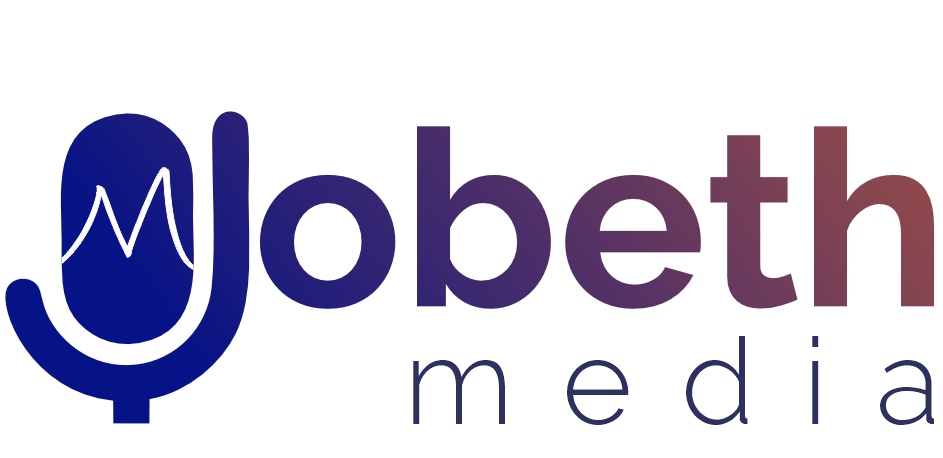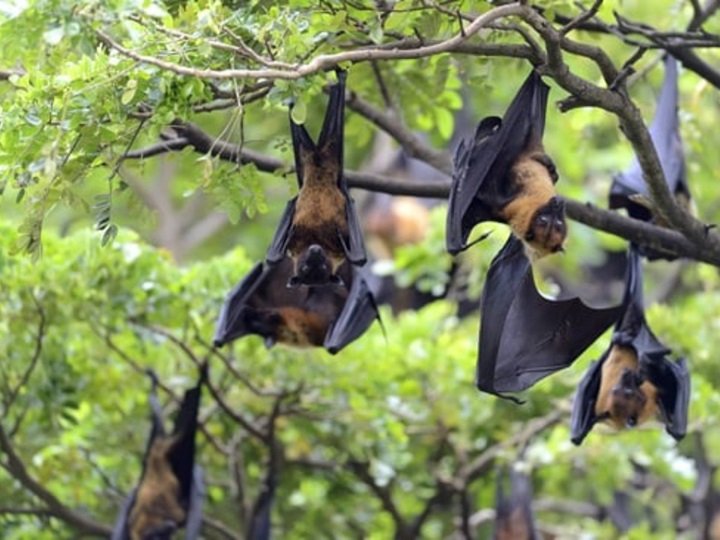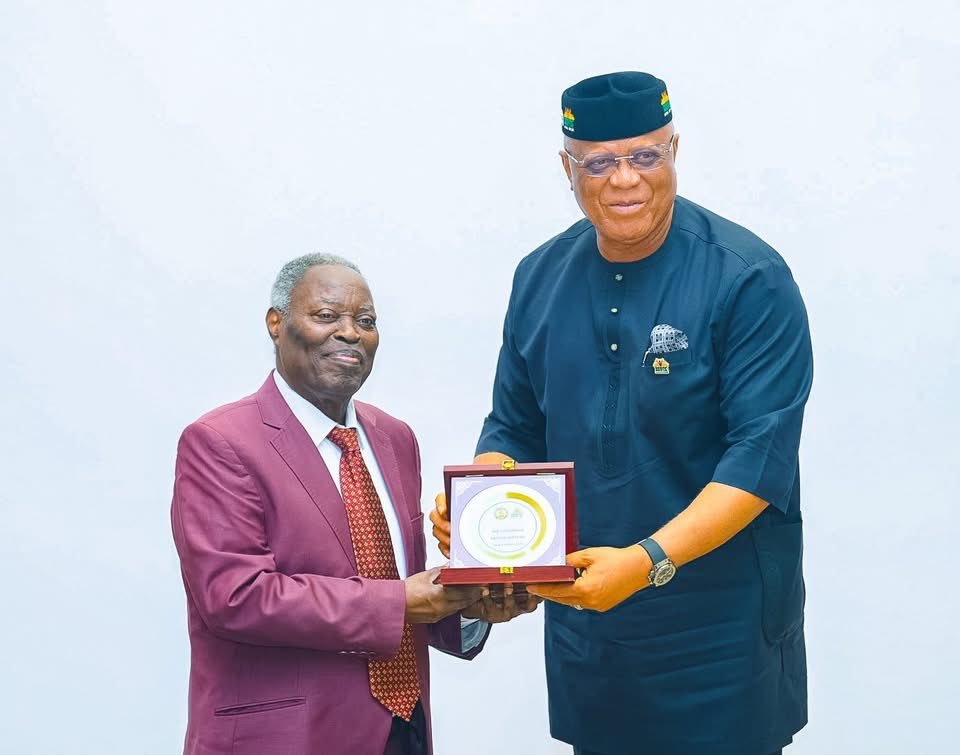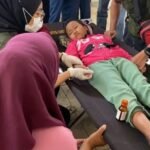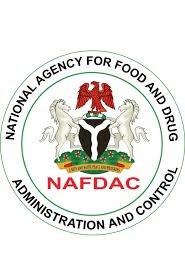NO PROVEN LINK BETWEEN AUTISM, PARACETAMOL IN PREGNANCY, OR VACCINES– WHO
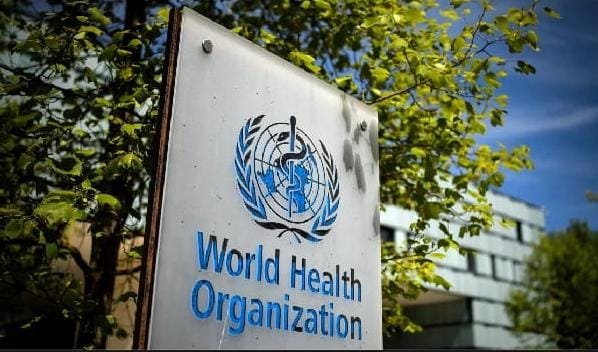
The World Health Organization (WHO) has reaffirmed that there is no conclusive scientific evidence linking autism spectrum disorder (ASD) to the use of paracetamol (acetaminophen) during pregnancy or to childhood vaccinations.
This comes as part of WHO’s ongoing effort to combat misinformation and support evidence-based health decisions. WHO urges pregnant women to follow medical advice, particularly regarding medication during the first trimester.
On vaccines, WHO stressed that extensive global research confirms they do not cause autism. The idea that ingredients like thiomersal or aluminum trigger autism has been widely discredited by independent experts for decades.
“Vaccines save lives and remain essential to child and community health, disrupting immunization schedules increases the risk of infectious diseases for everyone, especially vulnerable populations,” WHO stated.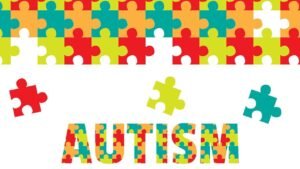
WHAT IS AUTISM SPECTRUM DISORDER?
Autism is a neurodevelopmental condition that affects how individuals communicate, learn, behave, and relate to others. It is called a spectrum because symptoms and strengths vary widely among individuals.
Common Traits Include:
- Differences in social interaction and communication
- Repetitive behaviors or strong adherence to routines
- Deep interests in specific topics
- Sensory sensitivities (e.g., to light, sound, textures)
Autism typically appears in early childhood and continues across a person’s life. While the exact causes remain unknown, experts believe it’s linked to a combination of genetic and environmental factors, not vaccines or medications.
GLOBAL ACTION & AWARENESS
Autism is a growing global priority. An estimated 62 million people worldwide live with autism—roughly 1 in 127. The WHO and its partners, including autistic-led organizations, are working to increase understanding, reduce stigma, and support autistic individuals and their families.
The topic is also on the agenda at the 4th UN High-Level Meeting on Mental Health and Noncommunicable Diseases, happening this week.
“Autistic people deserve care and respect grounded in science, not stigma,” WHO emphasized.

